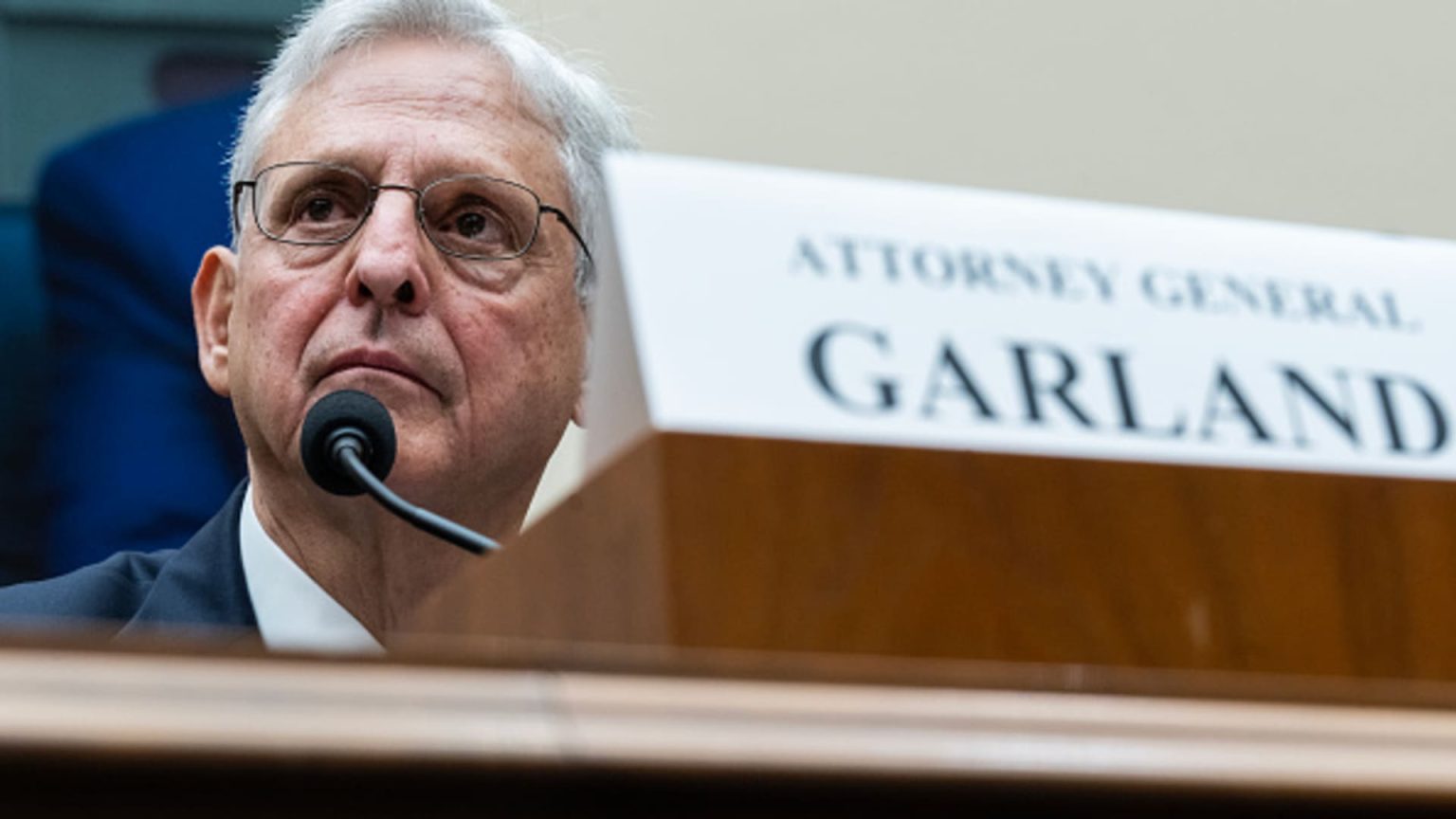Attorney General Merrick Garland delivered a strong defense of the Department of Justice in response to House Republicans threatening to hold him in contempt. Garland asserted that the DOJ will not be intimidated or influenced by political pressures, emphasizing the department’s commitment to upholding democracy and the rule of law. He also addressed conspiracy theories surrounding the recent conviction of former President Donald Trump, dismissing claims that the outcome was manipulated by the Justice Department. Garland’s remarks came as the House Judiciary Committee considers a contempt vote over the DOJ’s refusal to provide audio tapes of President Joe Biden’s interview with special counsel Robert Hur.
The Judiciary panel’s hearing, which focused on concerns about politicization and weaponization of the DOJ under Garland’s leadership, saw tension between Republicans and the Attorney General. Chairman Jim Jordan accused the department of operating under a double standard, while Garland criticized efforts to obtain sensitive law enforcement information through contempt threats. Garland highlighted previous attacks on the DOJ’s work, including threats to defund the prosecution of Trump by special counsel Jack Smith and the spread of baseless falsehoods about the FBI. He also raised concerns about threats of violence targeting career public servants at the Justice Department.
Garland’s response reflected a firm commitment to protecting the DOJ’s independence and integrity amid increasing political scrutiny and pressure. He emphasized that the department’s decision-making process remains unaffected by external attacks and pledged not to allow contempt proceedings to impede future investigations. Garland’s remarks underscored the challenges faced by the Justice Department in maintaining its credibility and effectiveness in the face of partisan divisions and misinformation. Despite the ongoing controversies and threats, Garland reiterated his determination to uphold the rule of law and ensure that prosecutors and agents can perform their duties without interference.
The clash between House Republicans and Attorney General Garland reflects broader tensions within the political landscape, as partisan divisions continue to influence debates over the role and responsibilities of the Department of Justice. The ongoing controversies surrounding the DOJ’s handling of high-profile cases and investigations have raised questions about the neutrality and impartiality of the department under Garland’s leadership. As the hearing unfolds and the threat of contempt looms, the future of the relationship between the DOJ and Congress remains uncertain, with potential implications for the department’s ability to carry out its mandate effectively.
Garland’s forceful defense of the DOJ’s independence and commitment to upholding the rule of law highlights the complex dynamics at play in the current political environment. The scrutiny facing the department and its leadership underscores the challenges of navigating a polarized landscape where institutional trust and credibility are constantly under threat. As the debate over contempt proceedings escalates, the implications for the DOJ’s ability to conduct investigations and prosecutions without interference are significant, raising concerns about the impact of political pressures on the department’s core functions. Ultimately, the outcome of this conflict will shape perceptions of the Justice Department’s independence and integrity in the eyes of the public and policymakers alike.


